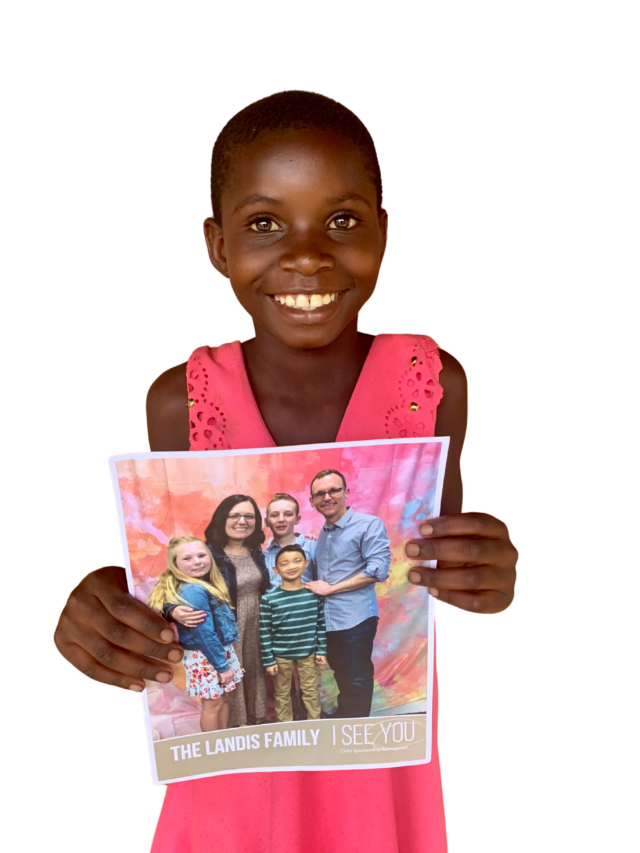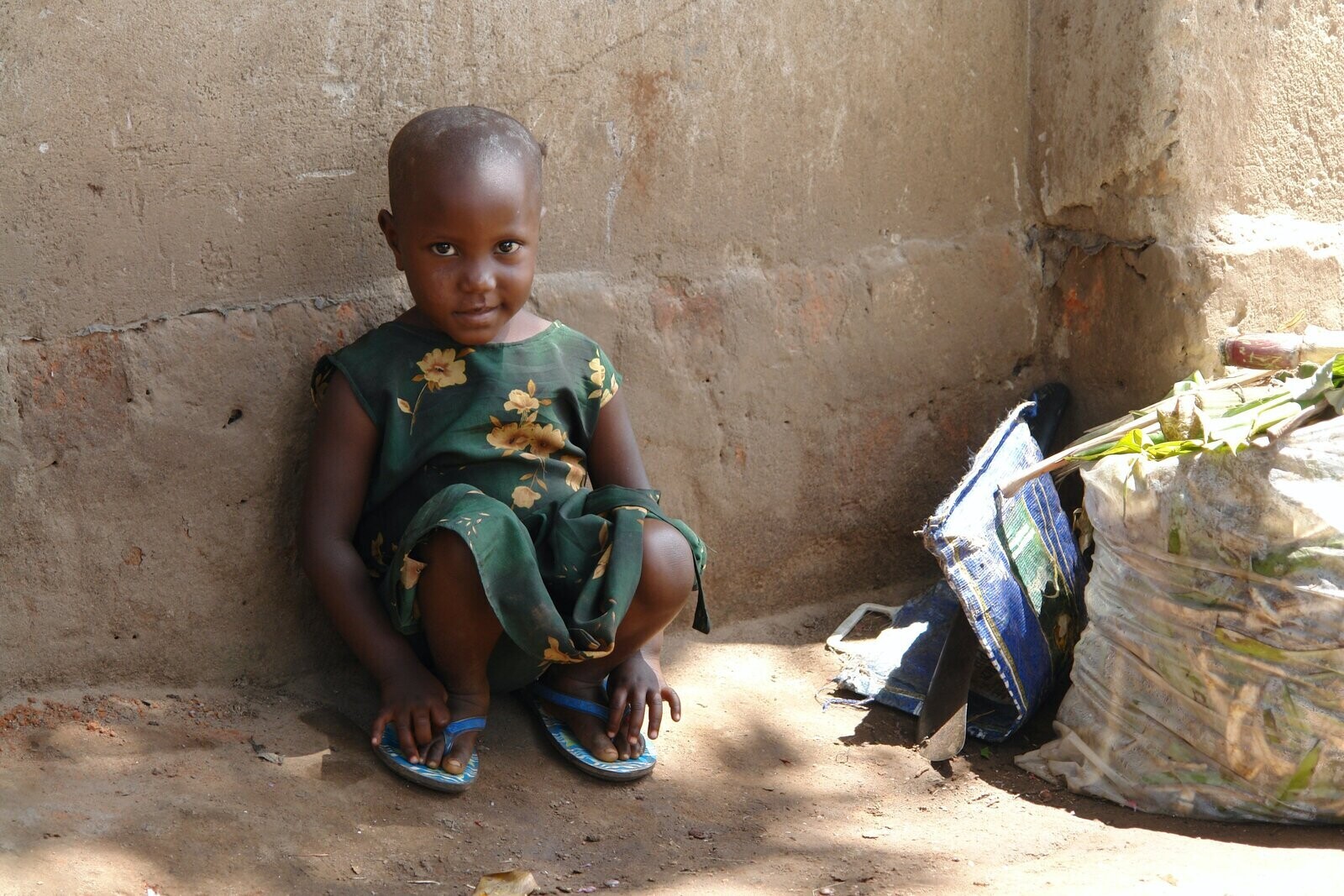In developing nations, the journey to self-sufficiency and community empowerment begins with holistic development. But what exactly does this term mean? The holistic development definition encompasses addressing not just immediate needs but also fostering long-term growth by equipping individuals and communities with the tools to thrive. For children and adolescents, this approach involves addressing their physical, emotional, spiritual, and educational needs to empower them to build meaningful futures.
By focusing on vulnerable children in developing nations, Forgotten Children Worldwide (FCW) exemplifies this approach through our impactful programs. In this article, we’ll explore how holistic development is a vital component of empowering communities.
What Is Holistic Development?
Holistic development is a comprehensive strategy that goes beyond basic survival needs, aiming to empower individuals and communities to flourish. This involves addressing interconnected aspects of life — health, education, spirituality, and economic opportunity. The goal is not just to survive but to thrive, creating sustainable systems that uplift entire communities.
Key elements of holistic community development include:
Access to clean water and food security
Education and vocational training
Mentorship and emotional support
Economic empowerment through small business initiatives
Spiritual development and community building
Nearly 356 million children globally live in extreme poverty, struggling to meet basic needs and often having limited access to clean water and food. Clean water initiatives can reduce child mortality by 20% in regions without access. Further, education and vocational training significantly boost GDP and community stability.
These numbers highlight the importance of holistic relief and development organizations in creating sustainable change.
Holistic Development in Action: Examples From FCW
Forgotten Children Worldwide provides real-world examples of holistic relief and development organizations at work. Our programs serve as “on-ramps” to a road of self-sufficiency. Here are a few notable initiatives:
Food and Water Security
Millions of children face barriers to basic nutrition and clean water. FCW builds wells and provides food security programs, ensuring families have the resources to combat malnutrition and waterborne diseases. These efforts lay a foundation for stability, enabling children to focus on education and personal growth.
Child Sponsorship
Sponsorship programs are transformative, allowing children to access education, mentorship, and spiritual guidance. For instance, Ronnie, a child once neglected and ostracized, found hope through sponsorship. Today, he is on a path to self-sufficiency and meaningful contribution to his community.
Empowerment Programs
Through empowerment programs like Kipindi Mpito, young women in Uganda receive critical life skills, vocational training, and personal discipleship. These efforts equip them to overcome systemic challenges like poverty and human trafficking.
Transformational Impact Through Kipindi Mpito
The Kipindi Mpito program in Uganda exemplifies empowering communities through transitional care. As orphans and vulnerable youth mature, they risk re-victimization if not prepared for adulthood. This flagship ministry offers:
Counseling and mentorship
Trade training and life skills education
Spiritual and emotional support
The program has produced remarkable success stories, such as Gloria’s, a seamstress who now supports her family and contributes to her church and local economy.
Empowering Futures Through Vocational Training and Self-Sufficiency
Vocational training is a cornerstone of holistic development. FCW offers programs that enable children and adolescents to learn trades, start businesses, or pursue higher education. These opportunities break the cycle of poverty and ensure individuals can contribute to empowering community development.
For example, Megha, a sponsored child from India, earned her MBA and now works as a social worker and accountant for the ministry that once supported her. Her story underscores the ripple effect of investment in young lives.
How You Can Help
Holistic development relies on collective action. Here are ways you can support Forgotten Children Worldwide and similar efforts:
Sponsor a Child: Directly contribute to a child’s journey toward self-sufficiency and meaning.
Support Transitional Programs: Fund initiatives like Kipindi Mpito that prepare adolescents for adulthood. Explore how you can help here.
Join Empowerment Efforts: Advocate for education, vocational training, and small business support.
By addressing multiple facets of development, we can empower communities to overcome poverty, strengthen economies, and foster resilient futures.
Holistic development transforms lives. From meeting basic needs to fostering self-sufficiency, the work of organizations like Forgotten Children Worldwide proves that meaningful change is possible. By supporting such efforts, we ensure that vulnerable children and their communities are not just surviving but thriving — paving the way for a brighter, empowered future.At Forgotten Children Worldwide, we strive to empower forgotten children in developing nations. Our mission is to protect, empower, love, and repeat. A major part of our work is guiding the vulnerable on the road to meaning and self-sufficiency. One of the ways we do this is through initiatives such as our Kipindi Mpito program, which helps children and adolescents by teaching them critical life skills, offering counseling and mentoring, promoting personal discipleship, providing trade training, and focusing on self-confidence and empowerment.
We also focus on child sponsorship that provides clothing, nutrition, education, medical care, spiritual development, and mentorship to children in need. If you are interested in getting involved, you can learn more about what we do, sponsor a child, or make a donation to support our critical work!
Have Questions? Want to Learn More?
We’re here to answer your questions and guide you in making an impact. Reach out to us today and start your journey with Forgotten Children Worldwide.
Contact Us
